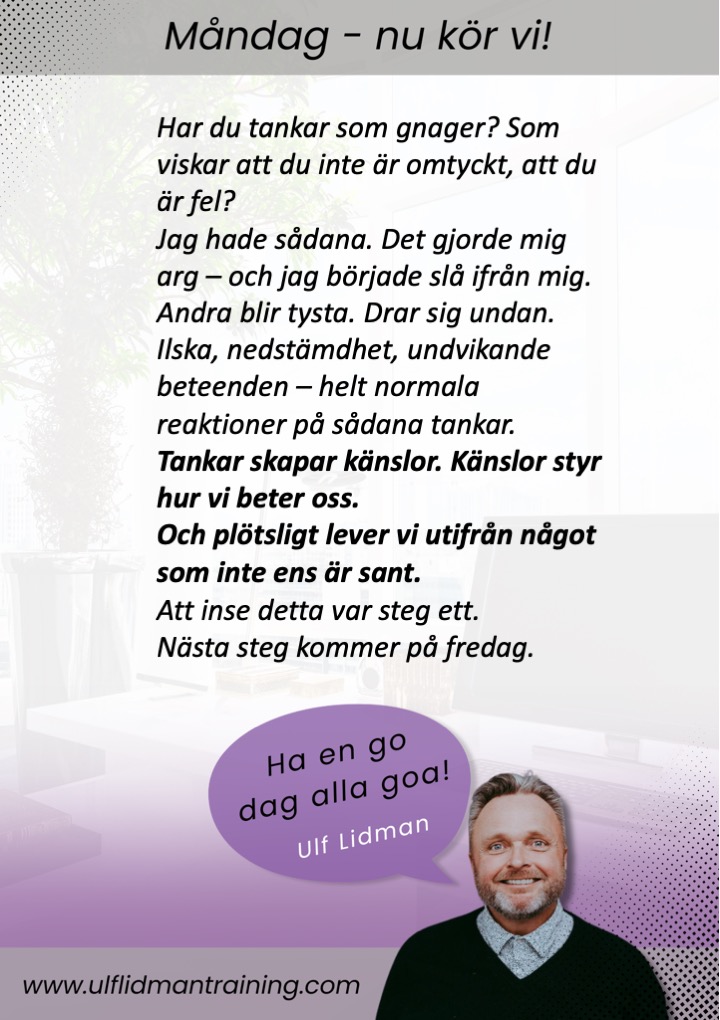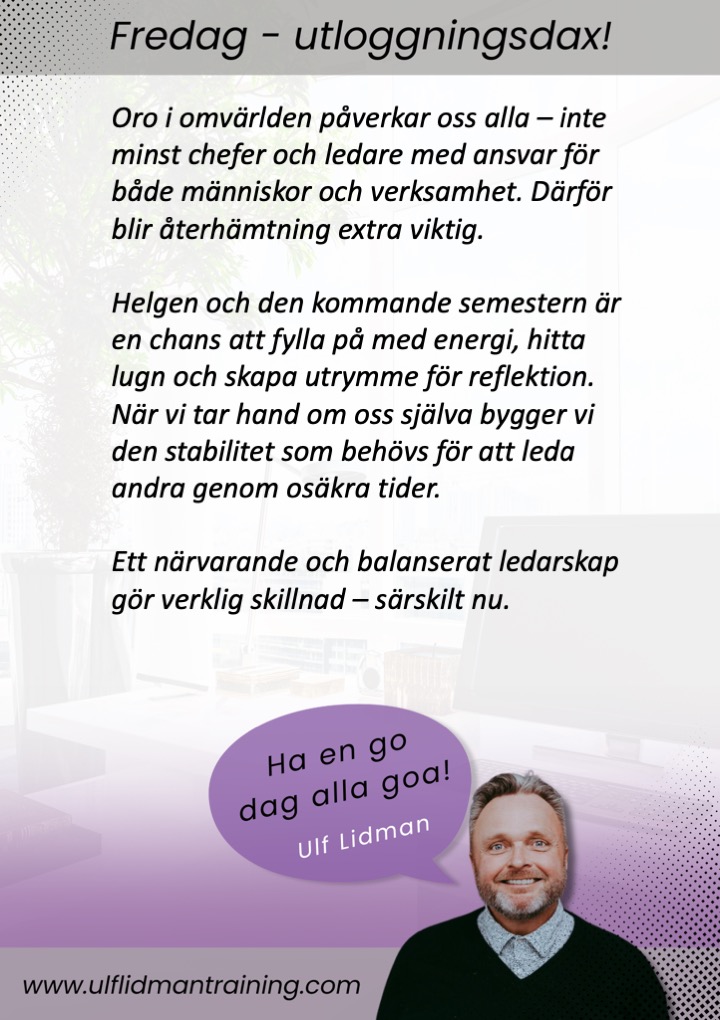HEROIC EXITS
John Rambo looked tired as he made his way into a tired-looking town. Walking for miles will do that to you. Or maybe there was more to it. People feel tired for a lot of reasons.
Rambo, played by Sylvester Stallone, appeared every bit the part of a Vietnam Vet—disillusionment reflected out of his eyes, disenchantment darkened his heart, and faded jeans, army boots, and an army jacket draped over his Herculean physique.
A squad car pulls up alongside him; a curious sergeant wants to know why the drifter is in town. Something about his look unsettled the policeman and his “protector of the peace” instincts told him Rambo would not blend in with his small town.
Rambo, living day to day, with no plans from one day to the next, just wanted a bite to eat. The officer offered him a ride, and then discourteously drives him to the edge of town and tells him there are eateries elsewhere—Rambo-types are not welcome in the town of Hope, Washington; ironic since that is the one thing Rambo can use a plateful of, even more than food.
Rambo looks both ways, straddled on the border of Hope—and then decides to walk back into the town he hopes lives up to its name.
The policeman, agitated by Rambo’s unwillingness to “move on,” uses his squad car to block the veteran’s path and then admonishes him: “We can do this the easy way or the hard way.” The hungry soldier, determined to get some food—and not be mistreated by some small-minded, small-town, sworn-in lawman—ignores him.
Rambo ends up handcuffed. Now in the station, he is surrounded by other officers—some cut from the same cloth as the sergeant, others inept, stupid, or both. Rambo, accustomed to mistreatment, reluctantly gets “processed.”
These fools determine Rambo first needs a “shower.” As he undresses, they notice scars on his back—signs that he must not have been welcomed in another “town.” The scars look like a map of a jungle most have never seen, and none should ever know.
His shower is followed by a shave—the sheriff’s department cannot have prisoners looking unpresentable. But the sight of an old-fashioned razor triggers something within Rambo, and he resists. So one of the old-school officers restrains Rambo using a Billy club, while another officer attempts to scrape off his dirty whiskers. Suddenly, flashbacks of Vietnamese soldiers who tortured Rambo flash through his mind.
Rambo goes berserk. Despite the officers’ best attempts, Rambo proves too much to handle. He escapes. Anyone in a prison that offers no hope always wants to escape.
The police chase Rambo to the edge of town, where he enters a forest. The hunt continues. Rambo, forced to enter an abandoned mine, must rely on the survival skills drilled into him during military training. (Similarly, our innate survivor skills stimulate a fight or flight mechanism with us.)
Rambo entered the mine; he must now find its exit.
In a way, we are all like Rambo—in simple and complex ways. Each of us has fought one type of “war” or another, most of us have wandered through the “jungle” of life, and all of us have “scars”. People are the same: these experiences are common to all humankind. All of us have been hurt by the “small minded” among us.
“Experience is not what happens to a man,” wrote English author and philosopher, Aldous Huxley, “it is what a man does with what happens to him.” So, the question is this: what will you do with all those experiences that left you scarred, wounded, and looking for hope?
Believe it or not, the movie about Rambo, First Blood, offers a suggestion: enter the mine of your scars and find the exit.
Scary, I know. Mines are dark and dirty, cobwebbed and creeping with critters. Getting from the entrance to the exit is no easy task—you are bound to deal with things you would rather not. But on the other side—past all the shit that’s in the belly of that beastly mine—is the exit, where light breaks in, the choking claustrophobia dissipates, and the scars don’t burn as much.
Peruvian author, Cesar Vallejo, calls this action a “heroic exit through the wound,” a scary recommendation, for sure. But one that offers hope. An exit is a way out: of your pain, heartache, and mental anguish—past and present events that prevent you from leaving the mine—prison—you live in.
We are all familiar with the image of a hero, the person admired and idealized for rescuing someone from a burning building or taking a bullet for another. We should emulate outstanding achievements and noble qualities like these, more. But these actions do not mean heroes do not have scars.
Most of the time, heroes do things out of necessity—a situation demands action. The hero does not go looking for opportunities to display heroism. When an opportunity presents itself, they respond. What seems a heroic response is no more than exercising their last and only option. Rambo did not want to enter the mine; he had to enter the mine. Hunters closed in on him—it was his last resort. Likewise, your wounds have chased you to the mouth of your mine: you can choose to enter or not.
In the movie, 127 Hours, James Franco portrays mountaineer and adventurer, Aron Rolston, who gets trapped when a boulder falls on his arm and pins him against a canyon wall. Over the next five days, he considers the possibilities to free himself. He concludes he has only one option—amputate his arm, a decision that is painful on several levels: physical, emotional and psychological. Rolston did what he had to do to survive.
If you hope to survive the wounds of your life, you must do the same: accept you have no other option but to do so, enter the cave of your wound, and then find its exit. These are the steps of a hero.
Chris Fontanella is an entrepeneur and author of Against the Grain: Counterintuitive Ideas on Business and Life, a unique account of the atypical philosophies guiding his journey from the ministry to the competitive staffing industry.





